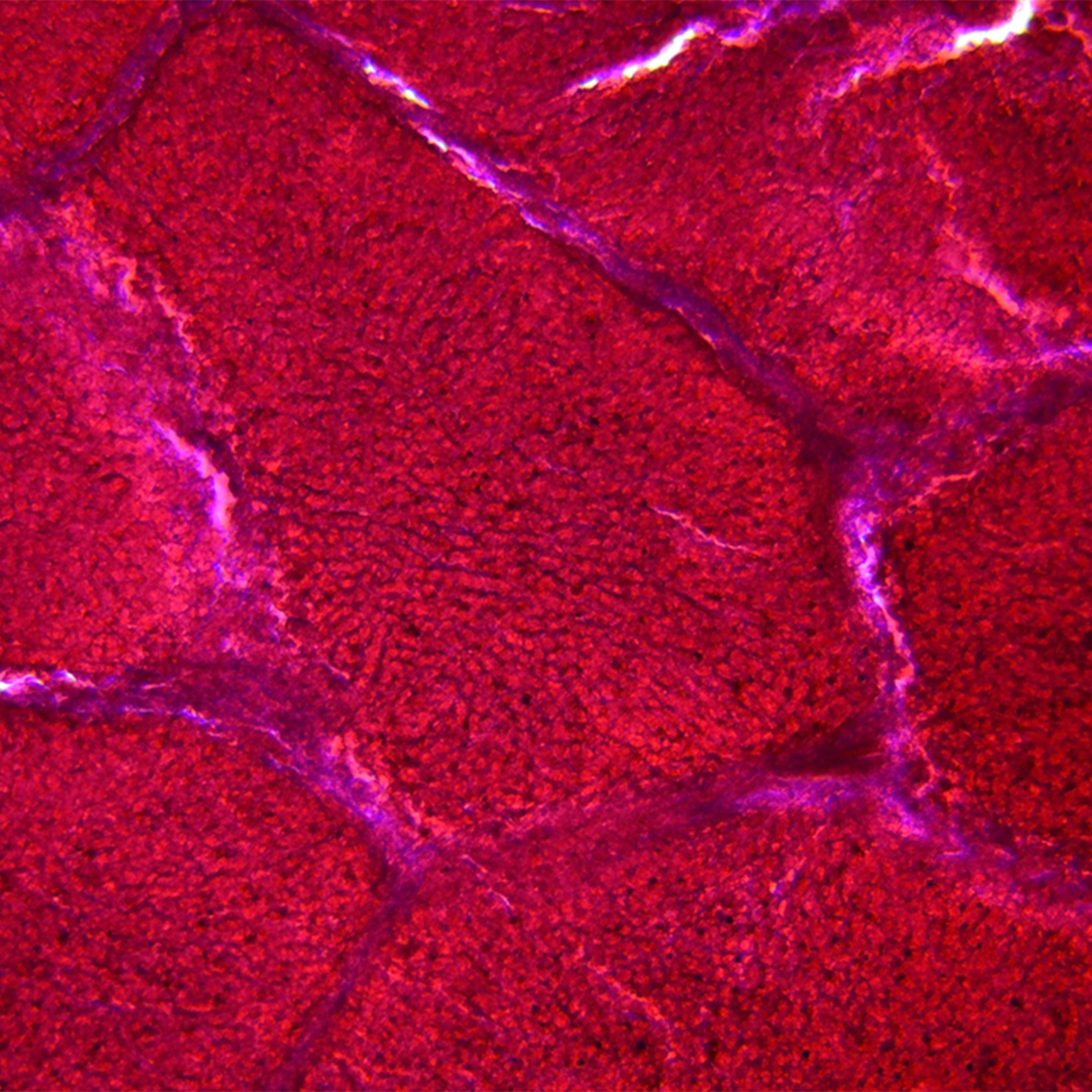
Autoimmune Hepatitis
Treatments
A drug called prednisone is the cornerstone of treatment for autoimmune hepatitis. It is initially given in high doses, which are tapered when the liver begins to respond.
The optimal length of prednisone treatment is uncertain. Because many patients relapse after relatively brief treatment, most doctors recommend prednisone at the lowest effective dose for one to two years before stopping. The long-term outlook depends on the success of the patient's initial treatment.
For patients who are resistant to prednisone, other types of immunosuppression may be tried. Liver transplantation is the treatment for cases that progress to liver failure.
Liver transplantation
Liver transplant is recommended for people whose autoimmune hepatitis causes severe liver damage or progresses to liver failure. The evaluation for a transplant is complex and generally requires several months. Therefore, even if a patient is feeling well, they should be referred for a transplant at the first sign of liver failure or if they have advanced liver disease diagnosed by X-ray studies or liver biopsy.
UCSF Health medical specialists have reviewed this information. It is for educational purposes only and is not intended to replace the advice of your doctor or other health care provider. We encourage you to discuss any questions or concerns you may have with your provider.
Treatments we specialize in
-

Living Donor Liver Transplant
The liver's unique ability to regenerate itself enables life-saving transplants.
Learn more -

Liver Transplant
Liver transplantation can be a life-saving option for patients with end-stage liver disease. Learn what happens during the evaluation, surgery and recovery.
Learn more











